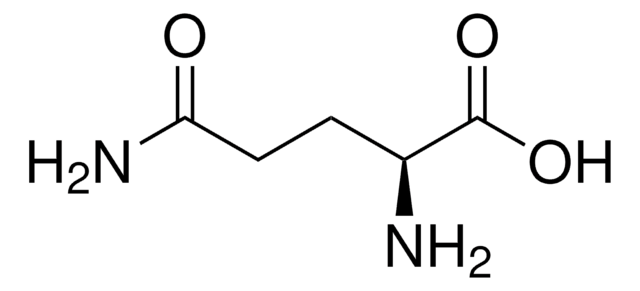M2154
Medium 199
With Earle′s salts and sodium bicarbonate, without L-glutamine, liquid, sterile-filtered, suitable for cell culture
Synonym(s):
M199 Medium, TCM 199
About This Item
Recommended Products
Quality Level
sterility
sterile-filtered
form
liquid
technique(s)
cell culture | mammalian: suitable
impurities
endotoxin, tested
pH
7.0-7.6 (25 °C, 209 g/L)
components
sodium pyruvate: no
L-glutamine: no
NaHCO3: yes
HEPES: no
phenol red: yes
Earle’s salts (5% CO2): yes
shipped in
ambient
storage temp.
2-8°C
Looking for similar products? Visit Product Comparison Guide
Related Categories
General description
Application
- to culture rumen epithelial cells from yearling Speckle Park beef heifers
- as a component of the maturation medium for the incubation of Cumulus oocyte complexes (COCs) from bovine ovaries
- as a component of the Dulbecco′s modified Eagle medium (DMEM) mixture to maintain rat neonatal cardiac myocytes (NCM)
Reconstitution
also commonly purchased with this product
Storage Class
12 - Non Combustible Liquids
wgk_germany
WGK 1
flash_point_f
Not applicable
flash_point_c
Not applicable
Certificates of Analysis (COA)
Search for Certificates of Analysis (COA) by entering the products Lot/Batch Number. Lot and Batch Numbers can be found on a product’s label following the words ‘Lot’ or ‘Batch’.
Already Own This Product?
Find documentation for the products that you have recently purchased in the Document Library.
Customers Also Viewed
Articles
When properly supplemented, Medium 199 (M199) has broad species applicability, particularly for cultivation of non-transformed cells. It is widely used in virology, vaccine production and in vitro cultivation of primary explants of mouse pancreatic epithelial and rat lens tissues.
Our team of scientists has experience in all areas of research including Life Science, Material Science, Chemical Synthesis, Chromatography, Analytical and many others.
Contact Technical Service


